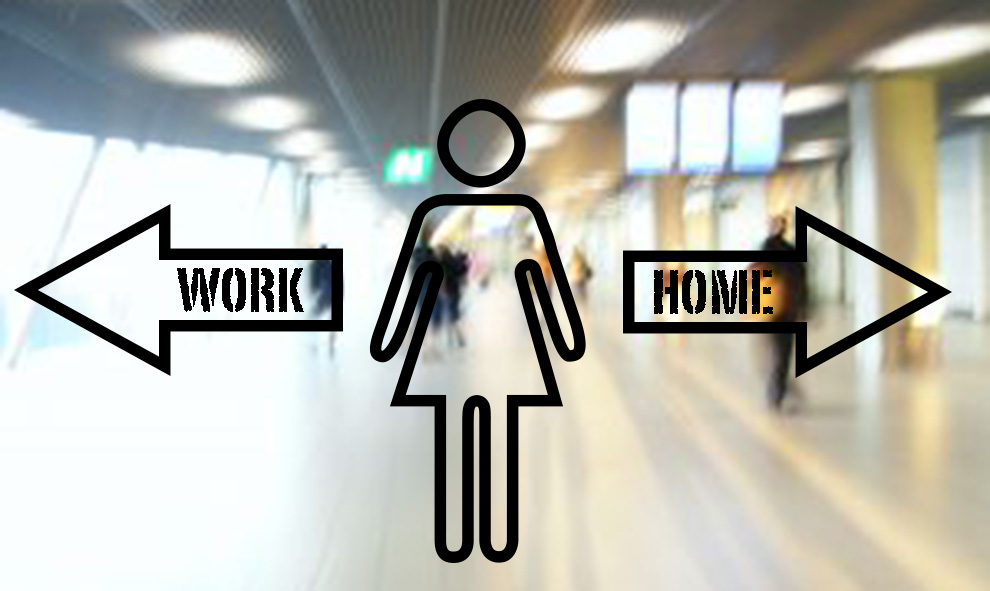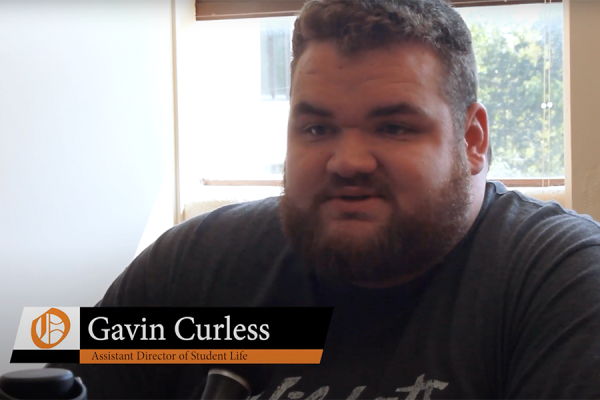Egg freezing: A step in the right direction
A big challenge for women today, and quite honestly one that has been on all women’s minds since the start of women in the workforce, involves balancing a job and a family. Women work on a biological clock; researchers say that by the age of 30, 95 percent of women only have 12 percent of their maximum ovarian reserve left in their systems.
Because of this, doctors and researchers have been working to make egg freezing a more viable option for women. Egg freezing is the act of taking eggs out of a woman's body when she is the most fertile, usually in a woman’s mid 20s, and putting them in a reserve until the woman is ready to have a baby. It is being hailed as the next birth control, next step in feminism and an all-around revolution. Companies like Apple and Facebook are now paying for their female employees to have the procedure done. Before this, it was an expensive process, usually upward of $15,000 with annual storage fees. But now that, for those who work for these corporate giants, it is a more affordable and realistic option. The question now is if it is a good idea.
Sofia Vergara had her eggs frozen as a means of planning ahead. She is now engaged and ready to have children and all sorts of open about her procedure. “I’m 40-years-old now,” Vergara told Dr. Oz. “Things don’t happen naturally anymore so I’ve been very concerned about fertility and I wanted to take advantage of science.”
For women like Vergara, a baby doesn’t always fit into a career plan or marital timetable. Though it is illegal for a human resources department to ask about the possibility for children when interviewing a female candidate, there are ways in which companies discriminate against women based on future familial plans. So now that there is an option in place that doesn’t involve a concerted daily effort to prevent having children. Women should be raving.
I think it is a step in the right direction for women who find it hard to choose between a career and a family. Without the crushing pressure of deciding between the two, women can now feel free to explore their career options to the fullest and feel assured or even empowered with their decision to freeze their eggs and delay starting a family until the time is right according to their own decisions, not the decision of the omnipotent biological clock.
Opponents argue that women are "selling their souls" to a corporation by giving them their eggs in lieu of promises of a better career track, and my own father wonders if women will be messing with the evolutionary process if we start dictating when and where we want to have children. My argument is this: men, you don't have to worry about this. Having a baby only fits into your lives when you want it to. With women, only recently have we been able to choose if we want to have a baby, and in 40 states, there are still abortion prohibitions in place.
Egg freezing has the potential to change many women’s lives and help us get the conversation rolling again not only about women’s reproductive rights, but general feminism as well.







